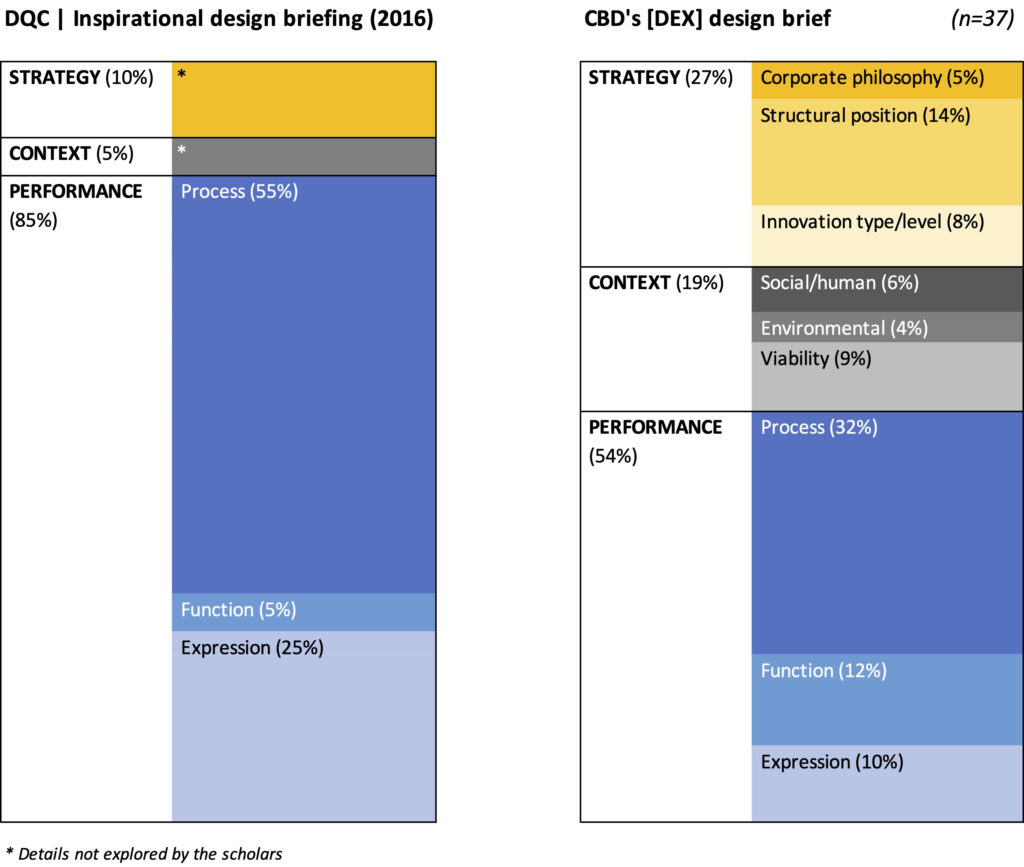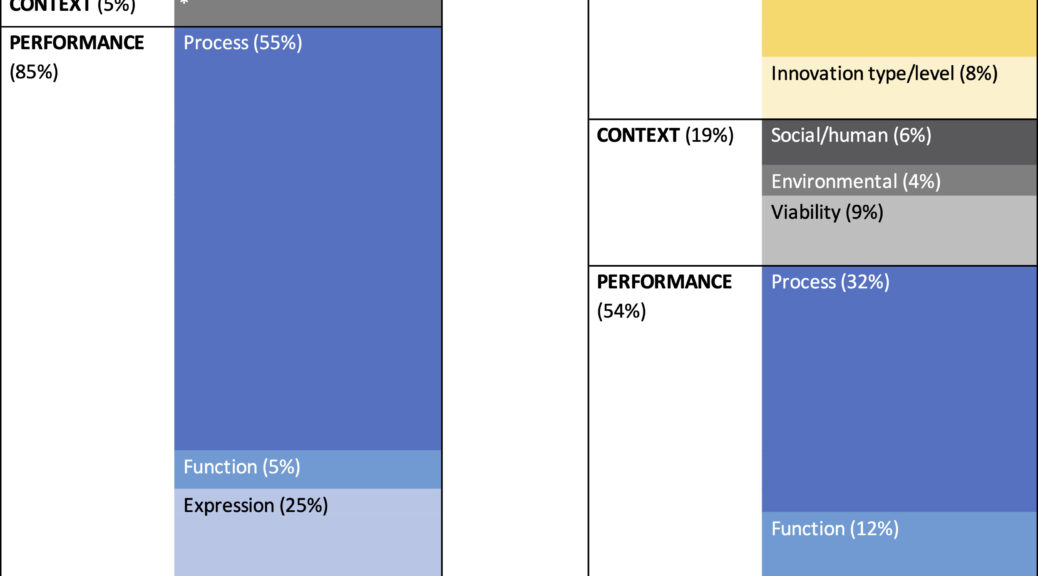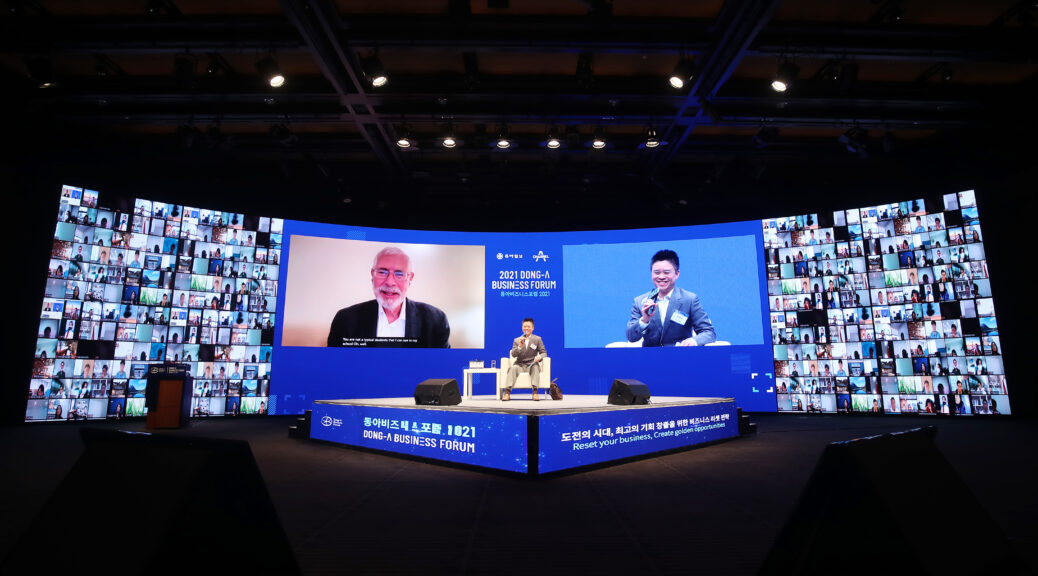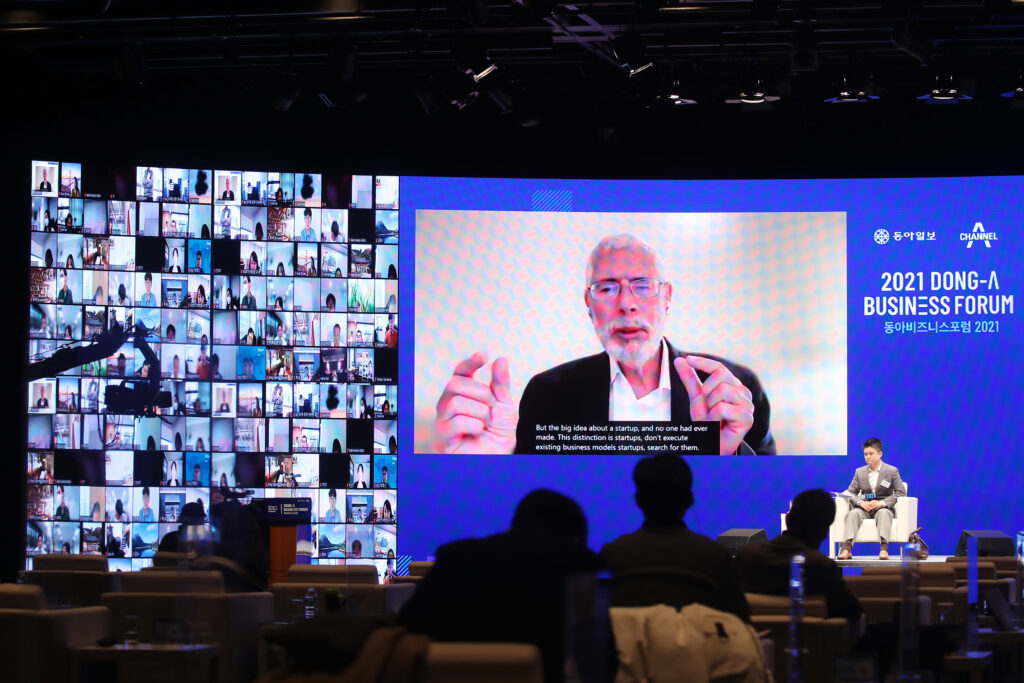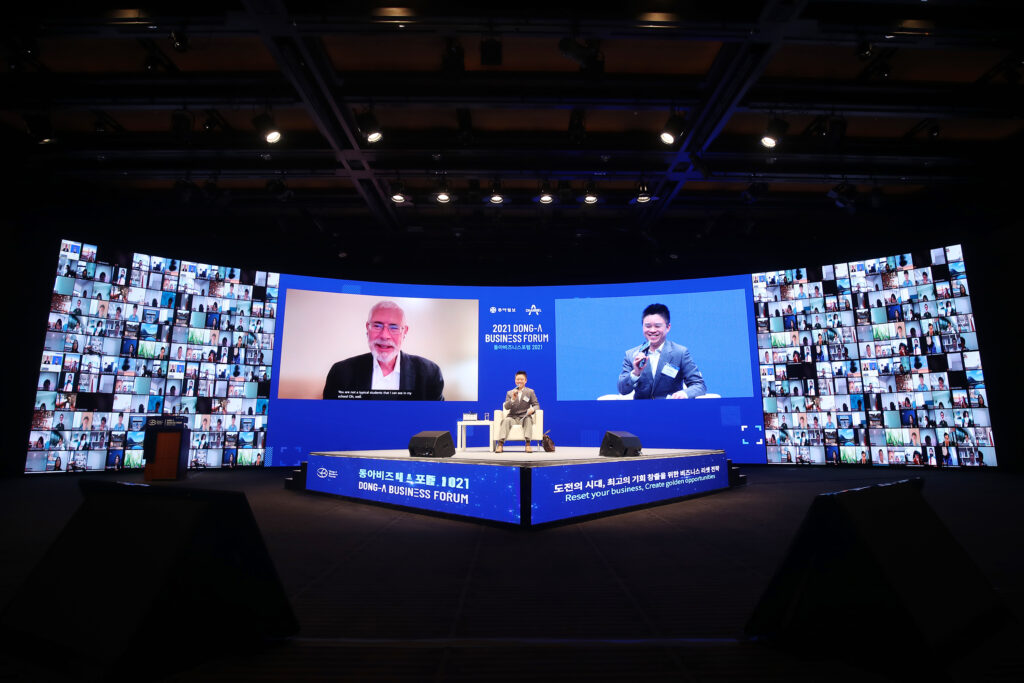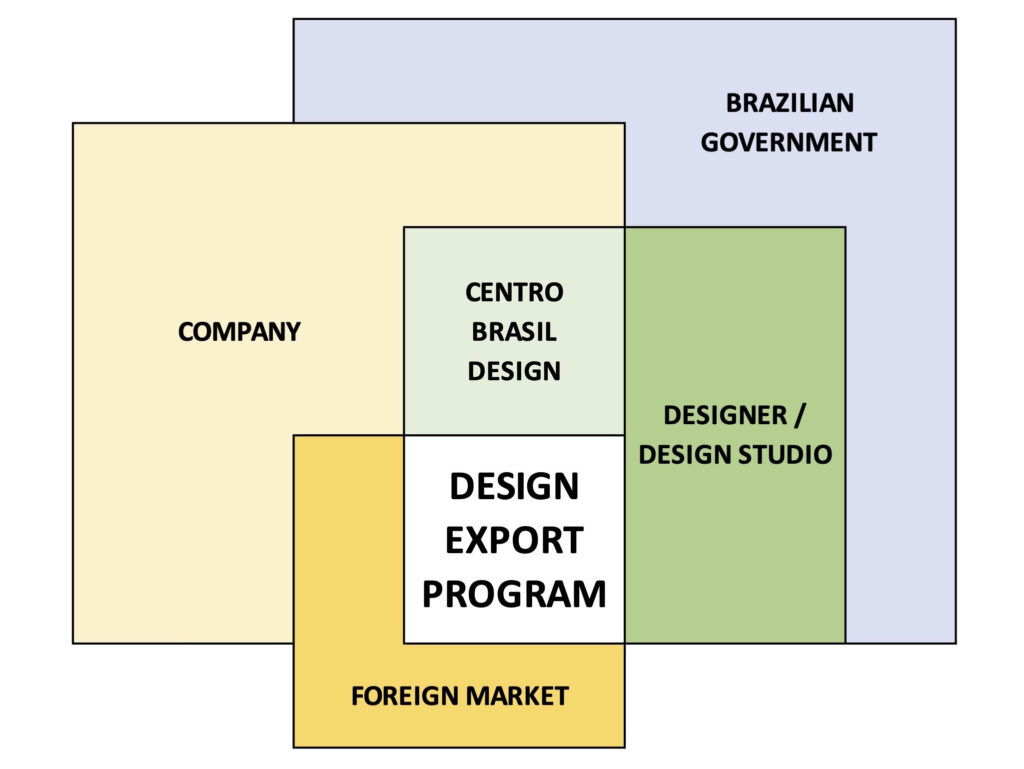
Bertao, R. A., Brum, A. L. D. S., & Joo, J. (2023) The design brief as a pivotal tool: A study of Centro Brasil Design’s practices to promote design, The Design Journal, 26 (2), 188-209.
Abstract
In the early stages of the design and innovation processes, stakeholders often develop a design brief. As a document gathering all design requirements, it is adopted as an agreement and a roadmap to facilitate communication throughout the project. This study expands the current literature about design brief tools by delving into the briefing process within design interventions conducted by design promotion organisations. We investigated the strategies and practices of Centro Brasil Design to nurture design among Brazilian enterprises. Particularly, we focused on its Design Export program, which aims to insert design in export-oriented businesses. Supported by the Design Quality Criteria framework, our study probed the program’s development and its design briefs, as well as the designers involved in the projects. The findings revealed how a design brief could lever the design advisory service. We further identified a new approach to briefing procedures and a design brief model for design interventions.
Keywords
Design brief, briefing, Design Quality Criteria, Centro Brasil Design, design promotion
